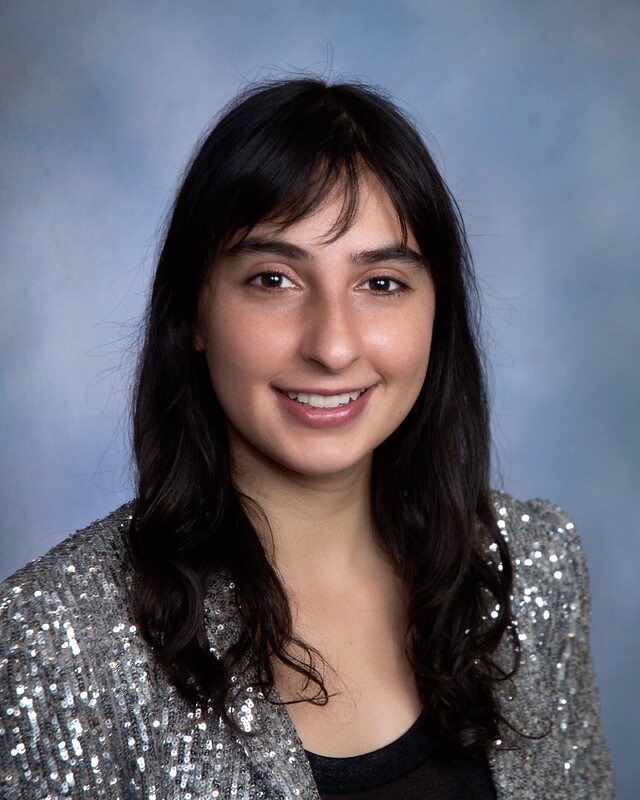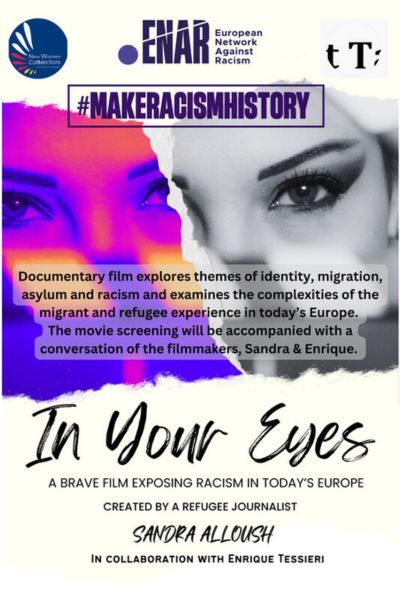In the Language of our Mothers

Title: In the Language of our Mothers
Directed by
Country: Kenya
Duration: 16 minutes 13 seconds
SYNOPSIS
Sadia is a Masalit composer who immigrated from Sudan to Kakuma, a refugee camp in Kenya, in 2017. Since 2003 the Janjaweed, a Sudanese Arab militia group, have been systematically attacking the ethnic-African Masalit tribe. With the rise of the civil war in Sudan in April of 2023, the Janjaweed once again found an opportunity to attack the Masalit tribe and planned on exterminating them. With little hope of returning home to help her people, Sadia uses music to inspire the Masalit community both in Sudan and in Kakuma. She composes songs in Masalit, her mother language, not only as a means of resilience but also to pass on her tradition and her culture to the next generation. Sadia sings with her children and the children of the Masalit community who were born in Kakuma. Sadia signs to keep her community rooted in faith, their values and traditions. She sings so that no one forgets where they came from.
Directors’ Bio

Jean Chapiro
Jean Chapiro is a Student Academy Award winning filmmaker and journalist from Mexico City. She graduated Summa Cum Laude from The University of Pennsylvania in 2021 with a major in Communication, Visual Studies, and Cinema Studies. She holds an MS in Documentary Journalism from Columbia University and is currently completing an MFA in Film at Columbia University. Through filmmaking, Jean seeks to bridge the gap between entertainment, art and journalism. Jean believes that storytelling is at the core of human existence and has the power to cut across political, cultural, and geographical borders.
Director Statement
I was given the opportunity to work on a collaborative project from FilmAid Kenya and the University of Pennsylvania at Kakuma, a refugee camp in Kenya. After finishing my first year of film school the idea of collaborating on a documentary with refugees from all over East Africa filled me with a profound sense of purpose. I was excited to share all that I had learned so far about documentary filmmaking. But I knew this project would be the most challenging one that I had ever worked on, and I wasn’t wrong. I was completely outside of my comfort zone in all aspects imaginable.
But once I met Sadia, a refugee from Sudan, the protagonist of our film, I realized that I understood her story and journey beyond what I had imagined. Like Sadia and her family, my own family also had to immigrate as refugees because of a genocide. My grandparents fled Europe and North Africa during the Holocaust and arrived in Mexico as refugees. The circumstances between Sadia’s journey and that of my family are drastically different. But I share with her the desire and the need to preserve our traditions and the language of our mothers. In the same way that Sadia sings to her daughters in Masalit, I sing with my grandparents in Yiddish and Ladino.
Before meeting Sadia I didn’t know about the genocide in Darfur and the persecution of the Masalit tribe. I felt a sense of shame for not knowing but also a huge responsibility to share her story and that of her people. The recent war in Sudan began in April 2023, and it’s since appeared in headlines around the world. But the persecution and constant threat against the Masalit tribe didn’t start in April, it hasn’t stopped since 2003 and we as a society haven’t done anything to stop it.
As the granddaughter of a Holocaust survivor it infuriates me to realize that genocides are still happening before our eyes and we aren’t doing anything to stop them. I’m not a politician or a soldier but I do know how to make films and tell stories. More than raising awareness, my hope is that this film will inspire audiences to take action and ignite a truly lasting change.
More films

Tem Floresta
This mini documentary is a product of the campaign of the same name that seeks to value female leaders in the forests, raising awareness among the population on the topics of environmental racism, climate justice and the right to land from the point of view of black women of the forest.

In Your Eyes
“In your eyes” documentary explores themes of identity, migration, asylum and racism and examines the complexities of the migrant and refugee experience.

Gaza Is Our Home
With over 150 family members trapped in the Gaza Strip, and the devastating loss of 33 family members in November 2023.

Our Movement Starts Here
The story of a rural community that inspired an international environmental justice movement by fighting the state of North Carolina’s toxic landfill.
